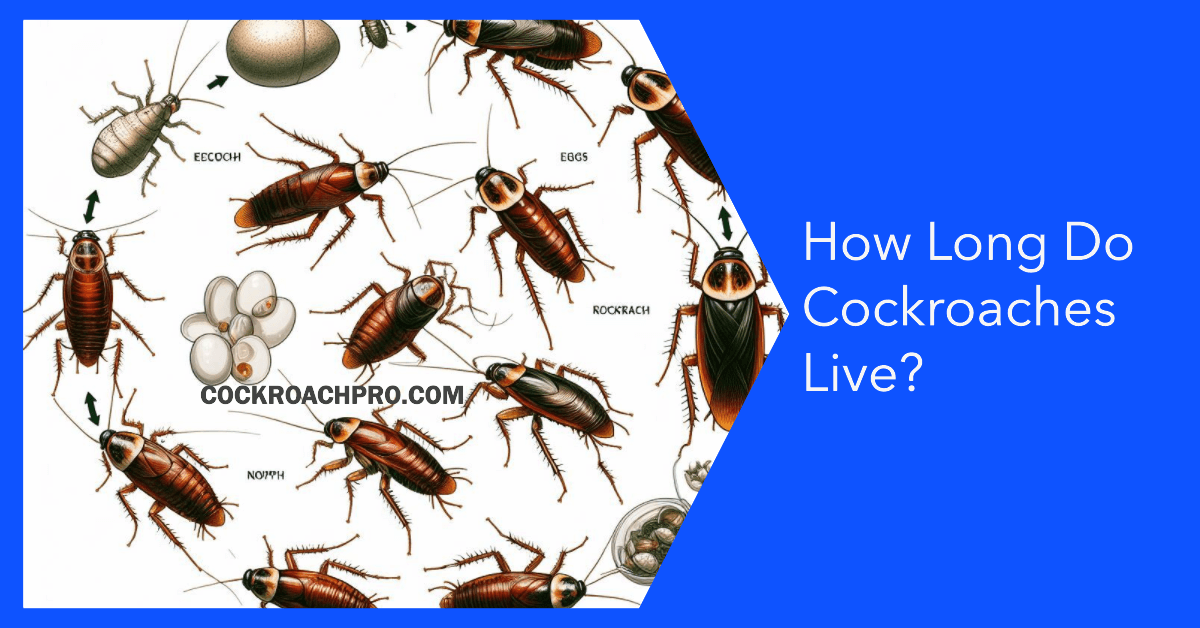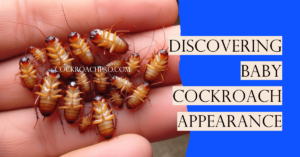How long do cockroaches live? Cockroaches have a reputation for being one of the most resilient creatures on Earth.
Withstanding harsh environments and predators, some cockroach species can survive for years. But how long is the average cockroach’s lifespan? As with other insects, it depends on a variety of factors.
How Long Do Cockroaches Live?
Let’s dig in deeper:
The Average Cockroach Lifespan
Most standard cockroaches live about one year on average. However, many variables impact their longevity including species type, habitat conditions, life stage, and access to adequate food and water sources.
For instance, German cockroaches typically live between 200 to 600 days. American cockroaches can surpass 700 days even over two years. And giant Australian cockroaches may survive between one to two years.
Cockroaches are cold-blooded, so climate also affects their metabolism and growth. Those in tropical locales tend to live longer than in temperate regions. If well-fed, healthy cockroaches in temperature-controlled homes fare better than starving ones exposed to extreme heat or cold.
Life Stage Matters
Like all insects, cockroaches undergo metamorphosis in their life cycle. Females produce egg cases containing up to 50 embryos that later hatch into nymphs. Nymphs molt numerous times over 6 to 12 months before reaching reproductive maturity.
Adults generally live longer than juveniles. However, the giant burrowing cockroach spends most time, nearly 95% of its lifecycle, as a subadult. During this prolonged adolescent stage, it grows wings to disperse before finally becoming an adult.
Longest-Living Cockroach Species
Certain types of roaches stand out for their impressively long lifespans. At the top of the list is the Madagascar hissing cockroach, which can survive 2 to 5 years in captivity. This species emits a hissing noise as a defense mechanism. Originally from the African island of Madagascar, they do well as pets given proper habitat conditions.
Horseshoe crabs are close coastal cousins of insects like roaches and spiders. They earn the designation as true living fossils as their ancestral form has existed for hundreds of millions of years. Under human care, horseshoe crabs live over 20 years, but scientists believe they can survive up to 30 years in the wild.
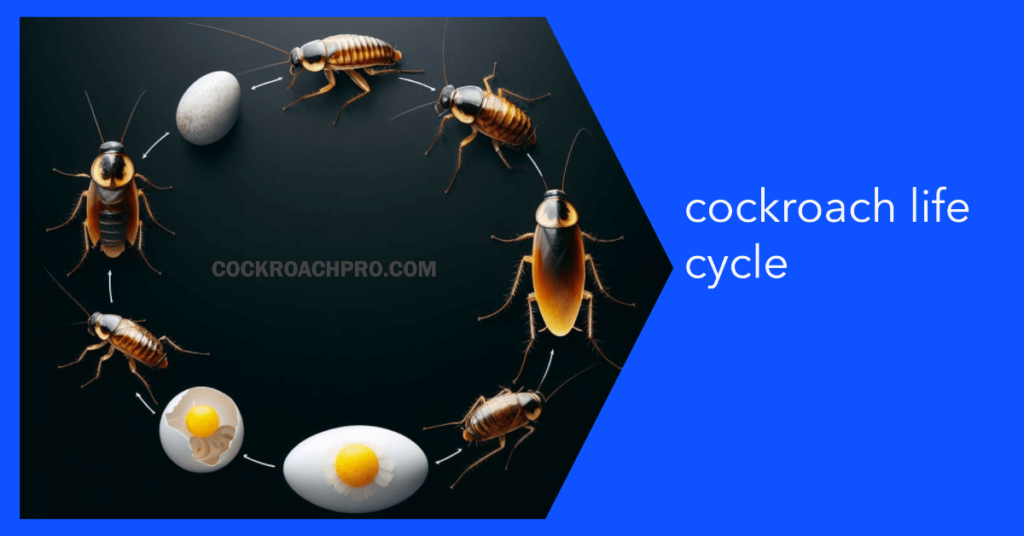
Cockroach Life Stages
All cockroaches undergo three primary life stages in their development: egg case, nymph, and adult. The egg case carries the embryos that later emerge as nymphs. Nymphs molt several times over months or years before becoming full grown adults.
Females produce an egg capsule or ootheca typically carrying up to 50 embryos. Though some tropical species birth live nymphs.
In the first nymph phase, they resemble miniature wingless adults. Nymphs molt around 6 to 13 times over 6 to 12 months before reaching adulthood. Molting periods leave them vulnerable until their exoskeleton hardens.
Adults mate, allowing females to produce more egg capsules. Many species only live an additional few months after their final molt. However, as seen in certain giant tropical roaches, they may continue living for over two years.
how long do cockroaches live without food?
Cockroaches are masters of survival and can withstand extremely harsh conditions, including going without food for remarkably long periods.
Most cockroaches can survive around a month without any food before dying from starvation. However, certain species have been known to live for up to 45 days without eating anything.
The German cockroach, which is the most common household species, usually lives about a month without food. Other resilient species like the American cockroach can survive closer to 6 weeks when deprived of food.
Cockroaches are able to survive so long without food because they adapt their metabolism during starvation. They essentially shut down non-essential bodily functions, becoming inactive to conserve energy.
Species also matter when determining how long roaches can survive without eating. Larger cockroaches like the American roach tend to live longer than smaller German ones under starvation due to greater fat storage.
The cockroach’s lifetime without food is also dependent on environmental conditions like temperature. Those kept warm with adequate hydration stand the best chance compared to cockroaches exposed to cold and dry locations.
Nymphs and cockroaches in their developmental stage have higher nutritional needs than full-grown adults so they succumb quicker when deprived of food.
While roaches can live surprisingly long without sustenance, they will become weaker and more lethargic the longer starvation persists before they eventually die.
In summary, while actual survival times varies, most healthy cockroaches can endure roughly 1 to 1.5 months without any food before starvation ultimately overtakes them given adequate hydration and shelter. Their remarkable ability to halt bodily functions buys them extended time.
how long do cockroaches live without a head?
Cockroaches have decentralized nervous systems and open circulatory systems allowing them to live for weeks without their heads before finally dying.
After decapitation, the nervous tissue remaining allows basic nervous functions to continue for movement, respiration, etc. This allows them to survive headless in the short period of time.
Without their heads and mouths, cockroaches cannot feed themselves so they eventually die once energy reserves run out. But the exact timeframe depends on the species.
Larger species like the American cockroach can live up to several weeks without their heads. Smaller German roaches may survive closer to 4-5 days headless.
Bodily fluids leak rapidly from the stump once the head is removed. Death typically occurs once desiccation impacts nervous function as fluids deplete.
In rare cases, Australian cockroaches have lived for months after decapitation as their biology allows them to quickly seal the neck stump preventing excess moisture loss.
Headless roaches remain mobile initially but grow increasingly sluggish over time without directional stimuli from their head ganglia or the ability to eat until expiration.
In conclusion, while the exact survival duration varies by species, most cockroaches can live for several days to a few weeks without their heads before inevitability dying from desiccation and starvation. Their decentralized biology grants them this unique headless lifespan.
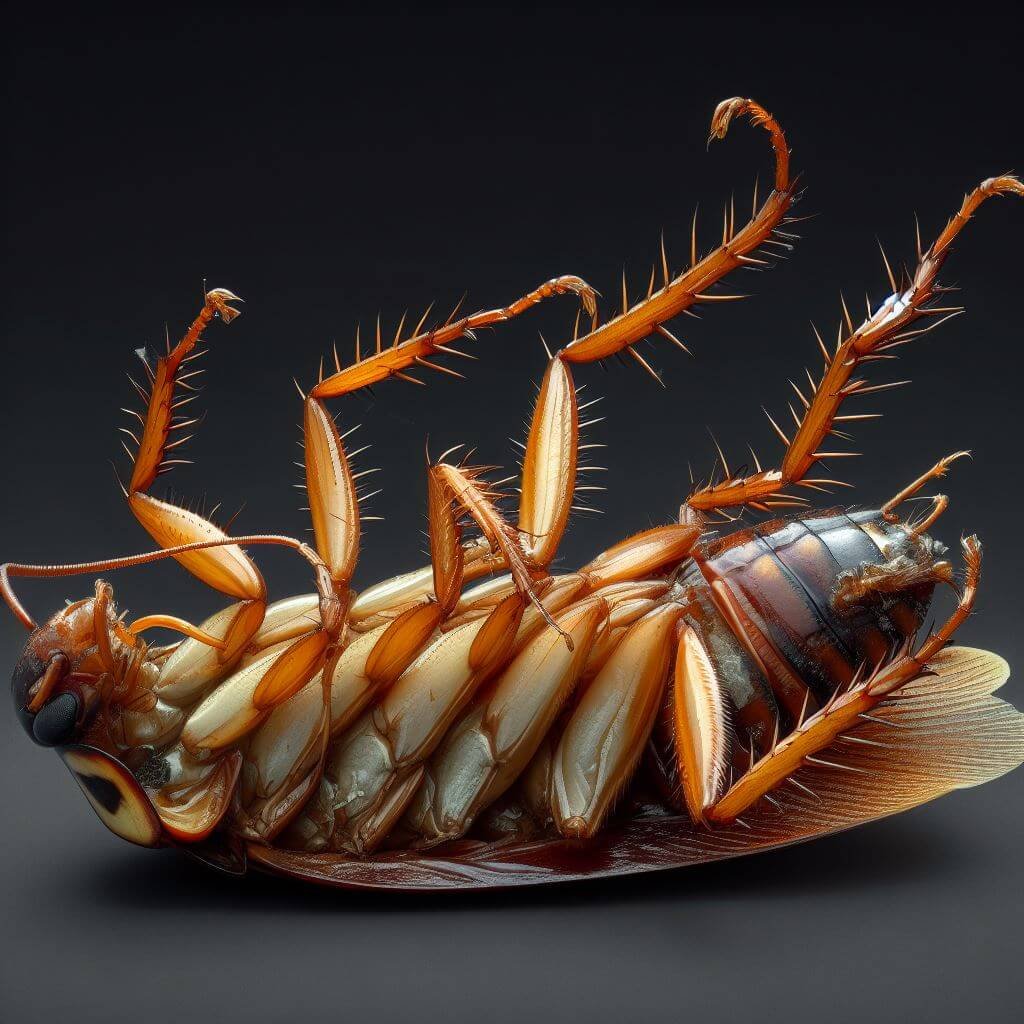
how long do cockroaches live in a house?
How long do cockroaches live in your beautiful house? German cockroaches, the species most commonly found infesting homes, have an average lifespan of 100-200 days indoors when conditions are optimal.
How long do cockroaches live in a house? With ready access to food, water and shelter, household cockroaches can live up to 6 months or slightly longer if the infestation goes unaddressed.
American cockroaches also often reside in homes, especially in warmer climates, and can survive over a year with adequate sustenance from household goods.
Cockroaches living indoors tend to live longer than their outdoor counterparts because they are protected from harsh weather shifts, predators, and stay well-fed on crumbs and garbage.
Indoor cockroaches take shelter in cracks and crevices like inside walls and under appliances. So they safely and cleanly live out their lifespans.
However, indoor cockroaches populations grow rapidly because they breed exponentially, not because individual roaches experience longer lifespans.
Use of insecticide sprays or introducing natural predators like geckos helps cut back on infestations by decreasing roach lifespans.
To summarize it, the average German cockroach lives 4-6 months inside homes while American roaches may persist over 1 year. Ready access to food and water paired with temperate conditions allows household populations to rapidly flourish if not managed.
how long do cockroaches live without water?
How long do cockroaches live without water? Cockroaches are extremely resilient when it comes to water deprivation, capable of surviving several weeks without drinking any water whatsoever.
Most cockroaches can endure 30–45 days without any water before ultimately dying of dehydration. Some larger species may live a week or two longer at the maximum threshold.
They conserve bodily moisture by reducing activity and retreating to humid shelters. Their leathery outer coat also minimizes water loss, helping retain internal moisture content.
Ootheca egg capsules produced by females contain sufficient hydrating gel to allow new nymphs to emerge without requiring any additional water intake initially.
However, young nymphs that have recently hatched out cannot live nearly as long as fully grown mature cockroaches without water due to greater susceptibility to desiccation.
Just as with food, cockroaches can live about twice as long at room temperature compared to hot or below freezing conditions when deprived of water.
While cockroaches can survive shockingly long periods without drinking water, a month or more constitutes the upper limits before their inevitable demise from extreme dehydration eventually occurs.
Therefore, as a general rule of thumb, most healthy adult cockroaches can persist 30-45 days without access to any water source before the deleterious impacts of desiccation take their toll. But extreme heat and activity will shorten survival time.
how long do cockroaches live in the cold?
Cockroaches are cold-blooded insects so their ability to survive cold exposure depends greatly upon the specific temperature and species type.
Most household cockroaches originate from tropical regions. This makes them extremely susceptible to cold compared to native roaches adapted to temperate climates.
At near freezing temperatures most indoor species like German cockroaches only live for about 5-7 days maximum before succumbing to the cold exposure.
Some cockroaches in a dormant state can endure slightly colder temperatures near freezing but will die after a couple weeks without warmth.
Cold hardiness varies by habitat. For example the woods cockroach common to forests withstands below freezing temps better than tropical cockroaches straying outdoors.
During winter, household cockroaches rely on building insulation and heating to persist indoors. Without which their metabolism, mobility and feeding halts leading to faster demise.
Indoor infestations decline during frigid winters not because roaches relocate outdoors, but due to shortened lifespans exposing populations to the elements.
In summary, while adaptations differ, most warm climate cockroaches cannot live beyond 1-2 weeks when exposed to near freezing temperatures or lack of shelter during winter conditions. Their tropical biology leaves them ill-equipped for harsh cold.
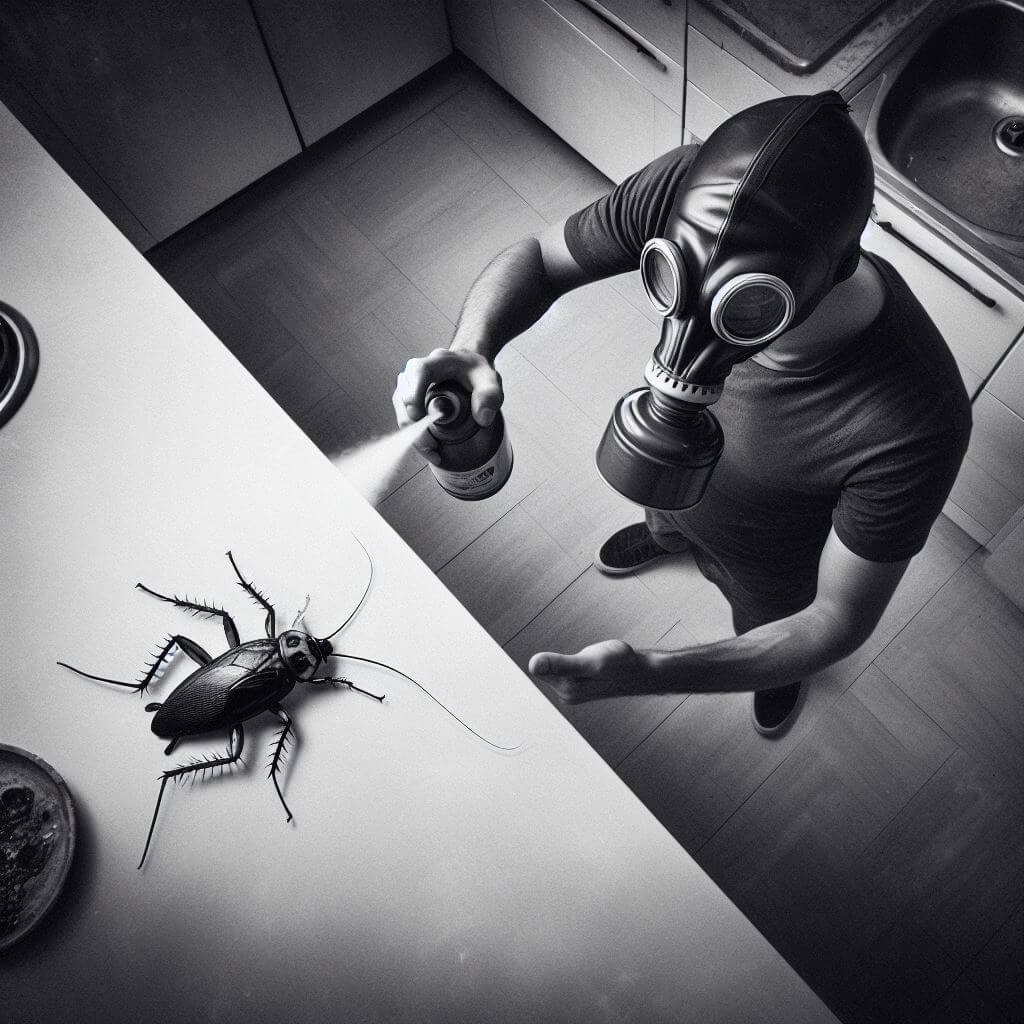
how long do cockroaches live after being sprayed?
Here are the key points on how long cockroaches live after being sprayed with insecticides:
The lifespan of a cockroach after being directly sprayed depends significantly on the type of roach, the insecticide used, and the dosage received.
Smaller and more sensitive German cockroaches usually die within minutes to hours after a direct hit from a strong insecticide spray.
Larger species like American roaches can survive and live for days or weeks if they receive a light spray coating or residue exposure.
Roaches that ingest an insect growth regulator may live for weeks or months before the IGR chemicals eventually cause them to die at their next molt stage.
Certain hard species have shown increasing resistance to commonly used insecticide products if not rotated. This allows them to potentially live out a normal lifespan after being sprayed.
Quick knockdown sprays containing synergized pyrethrins or pyrethroids are more likely to deliver lethal results compared to baits or residual chemicals.
Without receiving a direct spray coating, cockroaches can live a normal lifespan by simply avoiding treated areas around their harborage sites.
In summary, if directly sprayed on, cockroaches can survive anywhere from minutes to weeks depending on various factors around the insecticide product and species traits. Avoiding resistance is key.
how long do cockroaches live in a sealed garbage bag?
Cockroaches can survive a remarkably long time trapped inside a sealed garbage bag – often several weeks to a month or more.
They are able to live so long without air because cockroaches do not require as much oxygen as warm blooded animals. They can adapt their metabolism to low air environments.
However, the lifespan inside a bag depends on variables like the number of cockroaches, size of the garbage bag, and temperatures the bag is exposed to.
Cockroaches also cannot live indefinitely without water. So garbage bags with moisture-rich waste allow them to survive longer compared to dry bags.
German cockroaches, the small light tan roaches common in kitchens, typically live about 1 month sealed in garbage bags kept at room temperatures.
Larger cockroaches like American roaches have respiratory structures providing greater air access. This may enable survival closer to 6 weeks if the bag is large enough.
The cramped conditions and waste byproducts eventually kill off cockroaches sealed in bags once oxygen is depleted entirely and dehydration sets in.
In the end, the rule of thumb is cockroaches can live 4-6 weeks trapped inside garbage bags on average before facing inevitable death from suffocation.
Interesting Facts and Figures
Cockroaches boast remarkable resilience allowing them to inhabit nearly every land environment on Earth aside from the polar extremes. They can endure freezing temperatures, go a month without food, survive submersion underwater for up to 40 minutes, and are resistant to radiation exposure up to 10,000 units.
A famous anecdote tells of American cockroaches surviving for nearly a month without air onboard a Soviet submarine in the 1950s. Their adaptations illustrate why cockroaches thrive among humans for so long despite repeated attempts at extermination.
Given proper habitat and food sources, cockroaches continue living life to the fullest. Their quick generational turnover combined with hardy biology enables certain species to outlive most other pests.
Conclusion
In the end, most standard cockroaches generally live about one year on average. Yet, some resilient species can survive over two years given ideal conditions. Outlier groups like the Madagascar hissing cockroach exceed five years in captivity.
So if you are asking “How long do cockroaches live?”, the answer depends greatly on the type of roach and its living situation. But one thing is for sure, their toughness and reproductive rates ensure cockroaches continue thriving alongside humans for generations more!

